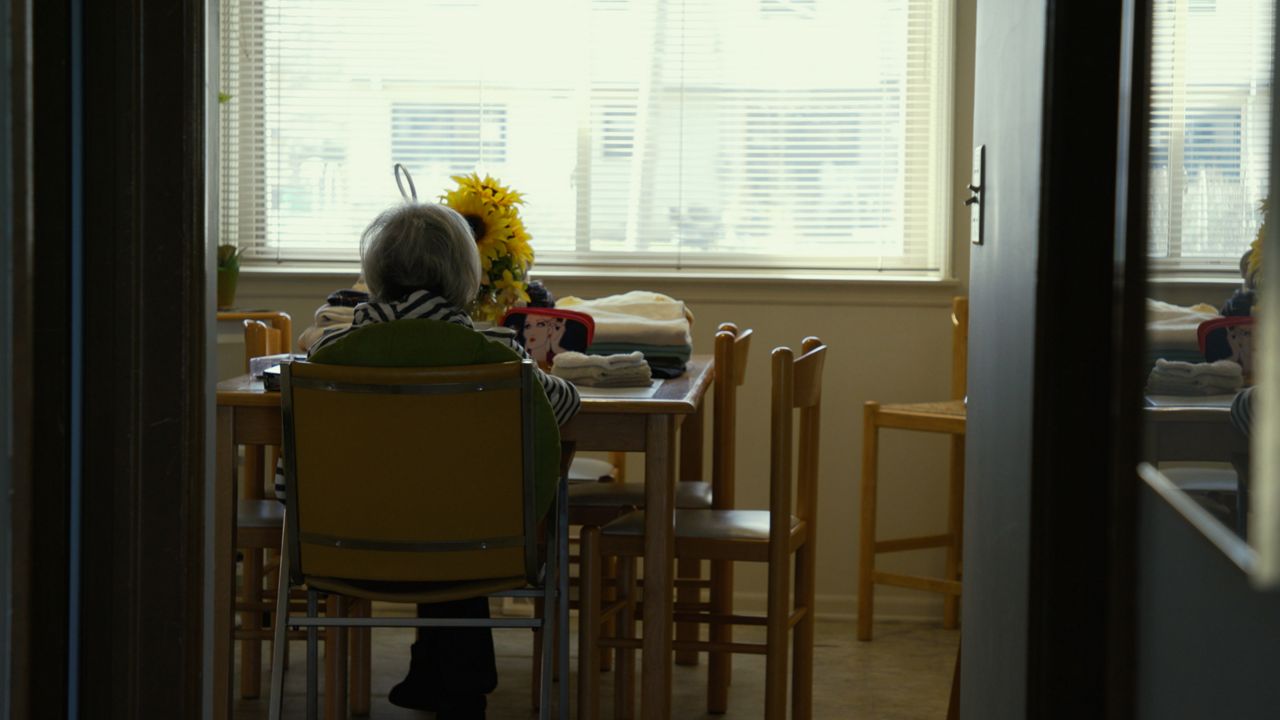CINCINNATI — As more older adults stay at home as they age, family members are increasingly called upon to help out.
Spectrum News 1's special, As We Age, explores the services available for those who are getting older, caregiving, changes in living arraignments and more. Viewers can watch it on the following days/times:
- April 27 – 11 a.m. and 2 p.m.
- April 28 – 8 p.m.
- April 30 – 10 a.m.
“Most of us begin our caregiving role way before we even recognize that we are caregivers,” said Anna Goubeaux, support nurse, Council on Aging of Southwest Ohio.
She points out grocery store runs and going along to doctor appointments are examples of ways family members fill in as their loved ones age.
Beyond the small but necessary tasks, there is help in many communities for extended services. Council on Aging helped Cincinnati client Zelda White stay in her home by installing two chair lifts.
“I was barely making it up and down the steps," White said, who, before the lift was installed, fell coming down the stairs when her knee buckled. "That’s a game-changer."
Too often, it’s a traumatic event like a fall or a new diagnosis that pushes families to consider that what they are doing is caregiving and that they may need help.
For the Drayer family, a slow slide into illness ignited the adult children to step up their care in order to keep their mother, Carm, out of a nursing home. According to Miami University’s Scripps Gerontology Center, Bob Applebaum, more than 70 percent of severely disabled adults live in their own homes, no longer going immediately into a nursing home, as was the case decades ago.
Hospice is a resource that many families don’t realize they can access, before their loved one’s final decline.
“There are a lot of myths that we struggle and work hard to overcome with people,” Hospice of Cincinnati Executive Director Gayle Mattson said.
The biggest misconception is that Hospice hastens death. According to studies, people with the same diagnosis actually live longer when supported by Hospice.
In addition to home-based care, hospice centers offer around-the-clock nursing care and short stays to give caregivers a break for up to five days at a time.
“They focus not only on the medical needs of an individual, they also support the family and provide emotional, spiritual and psychosocial support as well,” Mattson said.
"Even people living with dementia still are living, and still want to live,” Applebaum said.
Opening Minds Through Art (OMA), founded at Miami University by Dr. Elizabeth Lukon, creates “no fail art,” encouraging creativity and accomplishment. It’s a shared project in which a person with dementia (the artist) has some control over what they create, from the colors they choose to what direction a piece takes.
Growing older comes with challenges.
“There’s not a legitimate place for old to be ok, or actually dementia to be ok, or serious decline in aging,” said Gerontologist Kathryn McGrew.
By rejecting ageism, sometimes we go too far, she argues, insisting that we can do anything despite our age when, “sometimes we can’t.”
Mattson agrees.
“Our culture just does not have a lot of comfort talking about death and dying, it’s a taboo subject and, furthermore, it’s something people find scary," she said.
And yet, despite our fear, our resistance, or our desire for immortality, there are ways to think about and to plan for the end of life.
Making decisions ahead of time, telling loved ones what interventions we do and don’t want, writing things down and accepting help, are all ways in which we can lessen the burden on our caregivers as we reach the end.



